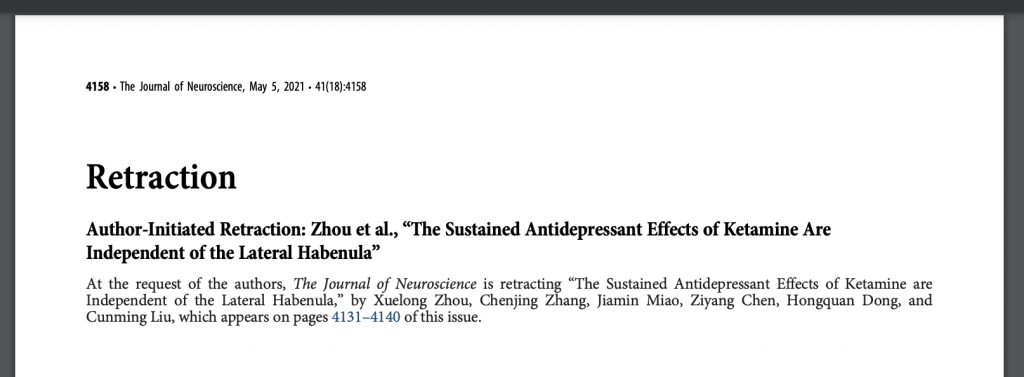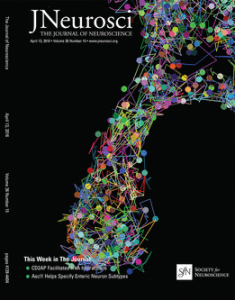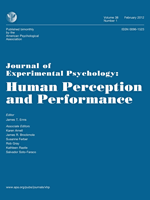 Authors have retracted two papers about visual perception and working memory from the Journal of Cognitive Neuroscience, after the first author admitted to falsifying or fabricating data in four other papers.
Authors have retracted two papers about visual perception and working memory from the Journal of Cognitive Neuroscience, after the first author admitted to falsifying or fabricating data in four other papers.
The authors have requested another two retractions, as well, which will bring the total for Edward Awh and his former graduate student David Anderson to nine retractions. (Earlier in 2015, they lost a paper due to an error in the analytic code, which Awh told us was unrelated to the misconduct.)
The retraction notice attached to both articles cites a 2015 settlement agreement between the Office of Research Integrity and first author Anderson (the “respondent”), who admitted to misconduct while working as a graduate student in the lab of Awh at the University of Oregon in Eugene. Since then, “additional problems” were discovered in the newly retracted articles, such as removed data points.
Awh, who has since moved to the University of Chicago, sent us a lengthy statement, explaining the concerns about each article: Continue reading More retractions bring total to 7 for neuroscience pair, 2 more pending










